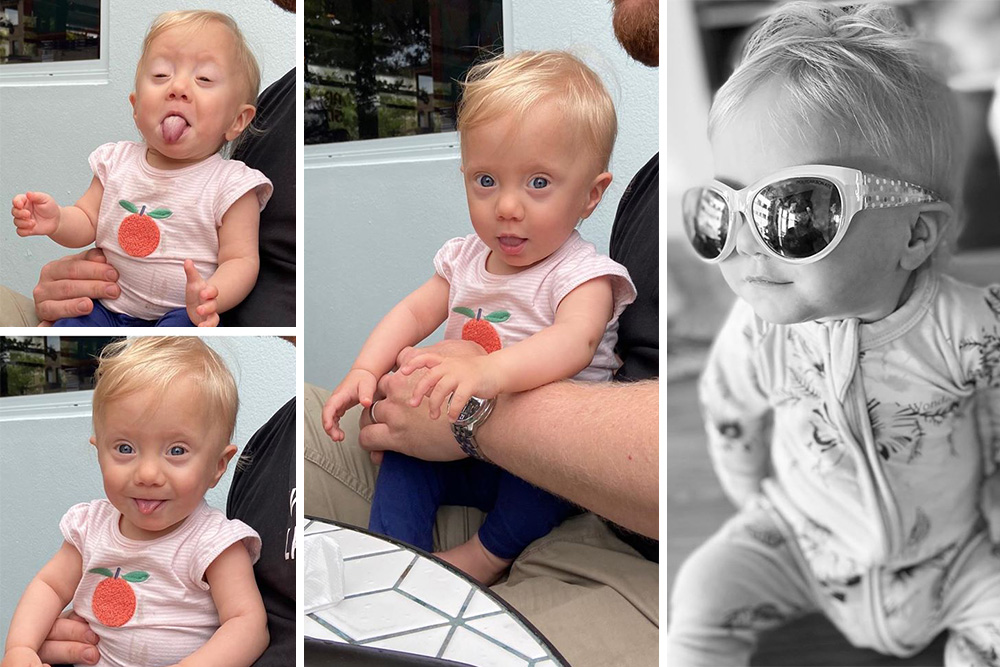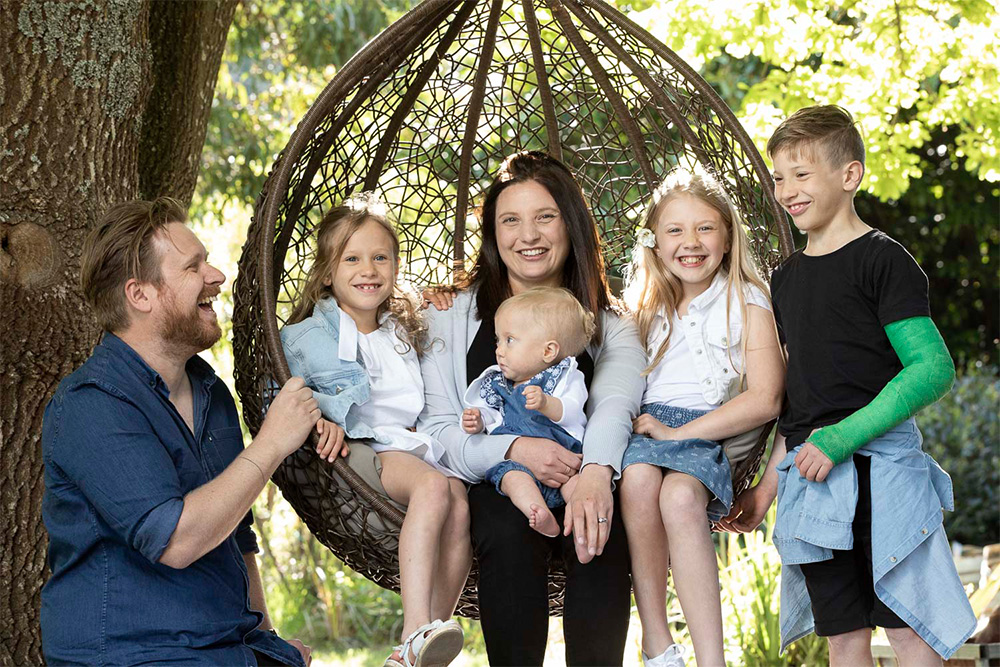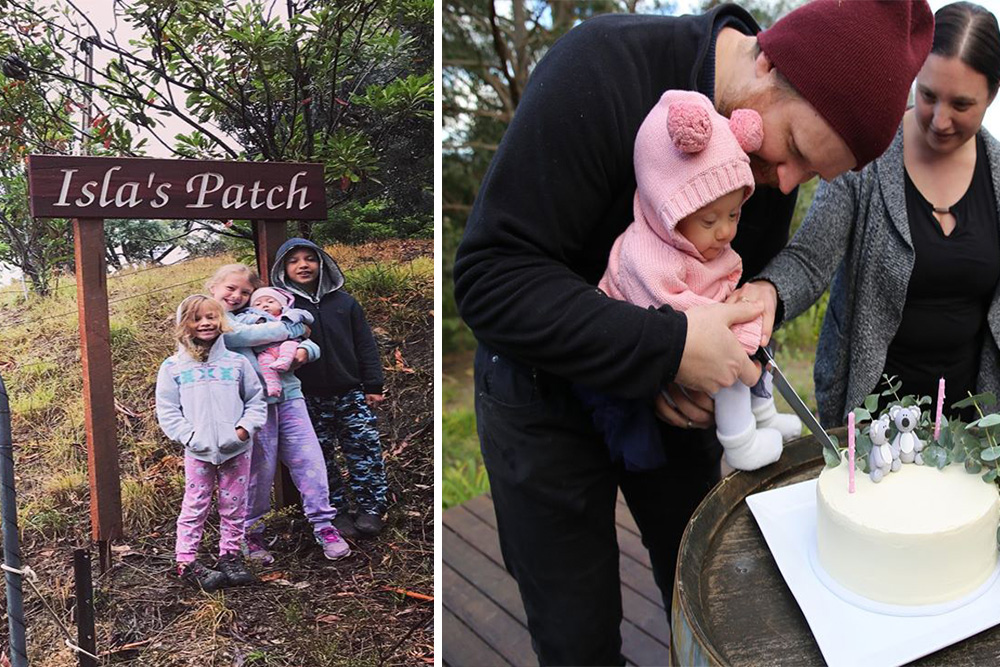Throughout summer the WCH Foundation ‘Laklinyeri’ Beach House has been fully booked, with a family holidaying at the extraordinary home each week.
The Booby family welcomed the start of the new decade at the Beach House with their New Year’s Eve celebrations including a movie at ‘Victa Cinemas’ followed by the local fireworks display.
Gemma and Terry’s youngest son Liam, 11, is cared for by the Hospital’s Palliative Care Service. At age two, Liam was diagnosed with LMNA Gene Mutation de Novo Congenital Muscular Dystrophy and Floppy Head Syndrome. Due to the condition, Liam is in a wheelchair and is totally dependent on his parents.
Gemma has shared heart-warming words on what the holiday at the Beach House meant to her family.
What a wonderful place you have created. The main thing is that we would never have been able to stay in such a grand place and to be here in summer is a blessing.
There are so many people I would love to thank for making this dream house come true.
As there is no way I could thank them all personally could you please tell them that our stay has refreshed us, revitalised us and allowed Liam to get around a home without any worry of steps or smaller doorways that his wheelchair might not go through.
He has loved zooming up and down the hall outside his bedroom doing skids. Liam keeps telling everyone that he isn’t leaving, and he is staying here forever. Not sure how the next family will feel about that!
Thank you also for the photoshoot, another beautiful gift that I can treasure and reminds us of this beautiful house.

Liam and his family loved their time at the Beach House.
Highlights of the Booby family’s stay included a visit to Urimbirra Wildlife Park and inviting 20 family members over for a barbecue on the weekend, a gathering that would not have been possible if they weren’t holidaying at the Beach House.
Gemma also loved that her eldest son Declan could have a special time away because of the design of the family centred home.
She added that both boys loved the big television and Declan spent a lot of time riding the bikes and visiting the little beach across from the home.



















